Supporting FE teachers, tutors and managers to create and sustain a climate of practitioner inquiry: London Learning and Skills Research Network
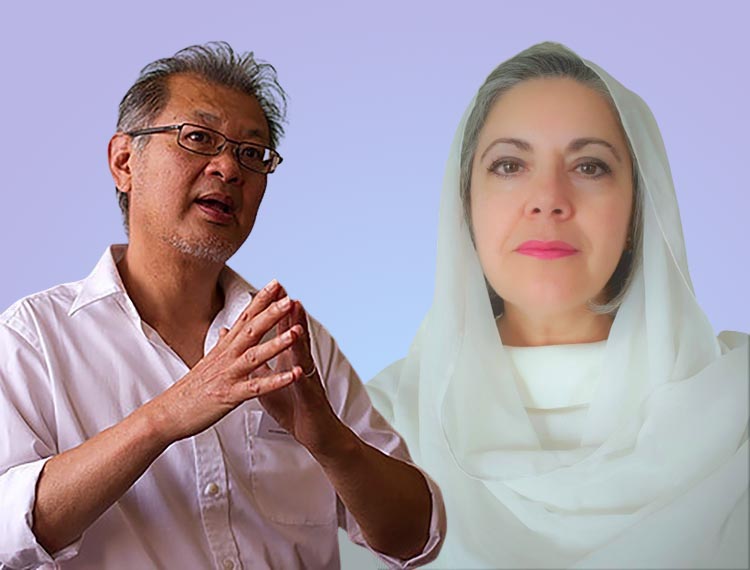
Covid-19 has impacted our lives over the past one and a half years, even for those fortunate enough not to be furloughed or made redundant.
For these privileged people, their private and living spaces have become more public amid working, learning and teaching habitus for those working in education sectors.
As co-convenors of the London LSRN network[1], we host workshops and conference-style sessions for all those working or with an interest in the Further Education and Skills (FE) Sector.
The sessions act as a forum for knowledge exchange, research discussion and dissemination. They also provide an opportunity to network, collaborate, discuss, etc., and be with like-minded people.
Past speakers have included Michael Young, Karen Evans, Ian McNay, Jill Jameson, Patrick Ainley, Chris Winch, and action researchers / practitioners at various stages of their research careers.
Since the global pandemic however, the London LSRN ‘space’ has altered in several ways. We are still very welcoming and open, but we have had to adapt to the new situation in ways that we believe have allowed us to broaden our appeal and extend the welcome beyond old boundaries.
Although we have been unable to host our meetings in venues like the beautiful Greenwich Maritime Campus of the University of Greenwich, we have made the most of new technologies such as Teams and zoom to host online sessions open to a wider audience.
Moving online meant that we’re no longer bound by geographical constraints. We have been delighted to welcome to our sessions colleagues from all over the UK, with an added bonus is participants can join us in the comfort of their homes, saving travelling time and expense!
This has allowed us to offer more varied sessions including a workshop on moving from face-to-face teaching to online delivery, a seminar on vocational / occupational pedagogy for FE teachers, and three workshops on practitioner inquiry.
However, despite the apparent accessibility of our sessions, we notice a reduction of participants from the FE sector, especially those involved in teaching. Sadly, this is not new and was noticeable even before the pandemic.
There is enormous pressure on FE teachers and tutors to focus on their day-to-day teaching and admin chores, with rarely any time allowed for scholarship and research. This is a situation, we at London LSRN are keen to address, with the aim of supporting FE teachers, tutors and managers to create and sustain a climate of practitioner inquiry, within what we know is an ever-tighter funding regime.
This has prompted us, as co-convenors, to reconsider our activity. We have decided to address the ongoing lack of time and space by:
- Creating an accessible webpage to increase our internet presence and provide an interactive forum for our members where they can actively share their blogs, reflections and news.
- Offering additional online workshops for this coming academic year
- Advocating for the benefits of participating in research directly to FE management
Managers are increasingly aware that their FE institutions do more than just teaching. They need to be part of a wider community and offer better value to their disadvantaged learners amid these challenging times.
As part of any learning organisation, managers constantly seek to develop their learners and staff, who require continuous professional development.
One crucial aspect of any CPD programme is PI, and the benefits may be to:
- Inform your institutional pedagogic policies
- Provide a coherent purpose for your institution
- Enhance your institution’s profile
- Facilitate the symbiotic relationship between teaching and researching
- Access funding
- Collaborate with external stakeholders
- Contribute to a discipline
- Address (problem seek) and problem solve a specific issue
- Improve pedagogic activities
- Professionalise the teaching profession
- Strengthen practitioner’s reasoning abilities
- Add to the knowledge base
- Enrich the confidence of the practitioner (as a lecturer and researcher)
- Support curriculum development
- Emphasise ‘truth’ in understanding our educational environment and the nature of the inquiry/area it represents to our senses.
Through our active advocacy, we aim to de-mystify research, and highlight the benefits of a learning and practitioner inquiring organisation for their ultimate stakeholders: learners and their teaching staff via continuous professional development activities.
Please look out for the series of workshops we are organising over the coming academic year. These workshops (free like all the other activities) will provide support and encouragement for those wishing to start or are already pursuing research in one capacity or another.
Sai Loo, with experiences in research and teaching on related doctoral courses at UCL Institute of Education, and Jo Fletcher-Saxon, with her wealth of experiences in FE as manager and lecturer, will be facilitating these sessions.
We will also provide digital opportunities for people to disseminate their project findings, discuss specific thematic topics, and invite speakers to deliver their expert know-how in this revised format.
By Rania Hafez and Sai Loo
If you are interested in any of the above and want to contribute, participate, etc., please contact Rania Hafez or Sai Loo.
We look forward to hearing from you and welcoming you to the future London LSRN activities. The London LSRN network is unfunded (along with the rest of LSRN) and manned by volunteers passionate about the FE sector and who has experience in the sector and HE.
[1] The Learning and Skills Network is an open network enabling people interested in research and using evidence in the FE, AE and Skills sectors to share ideas and work together. It was created bottom-up in 1997 and had no formal structure or funding. The community is bound together by common purposes and values.


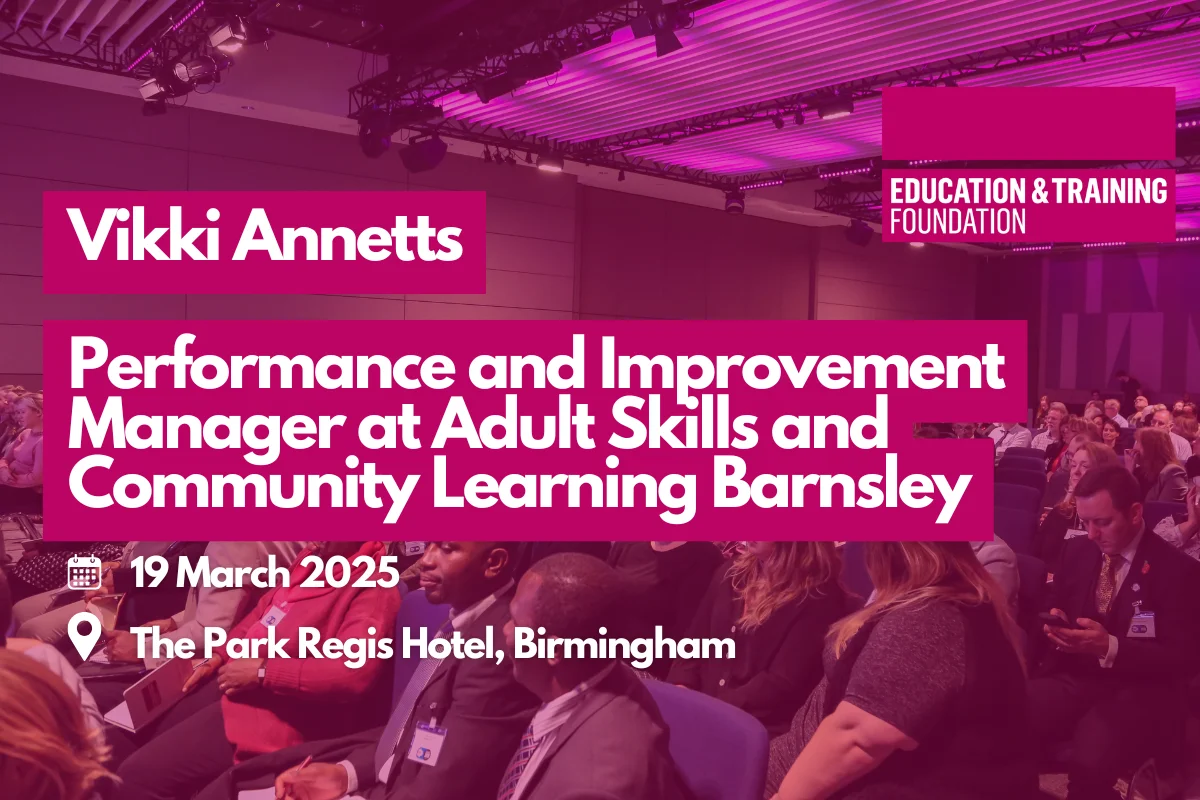

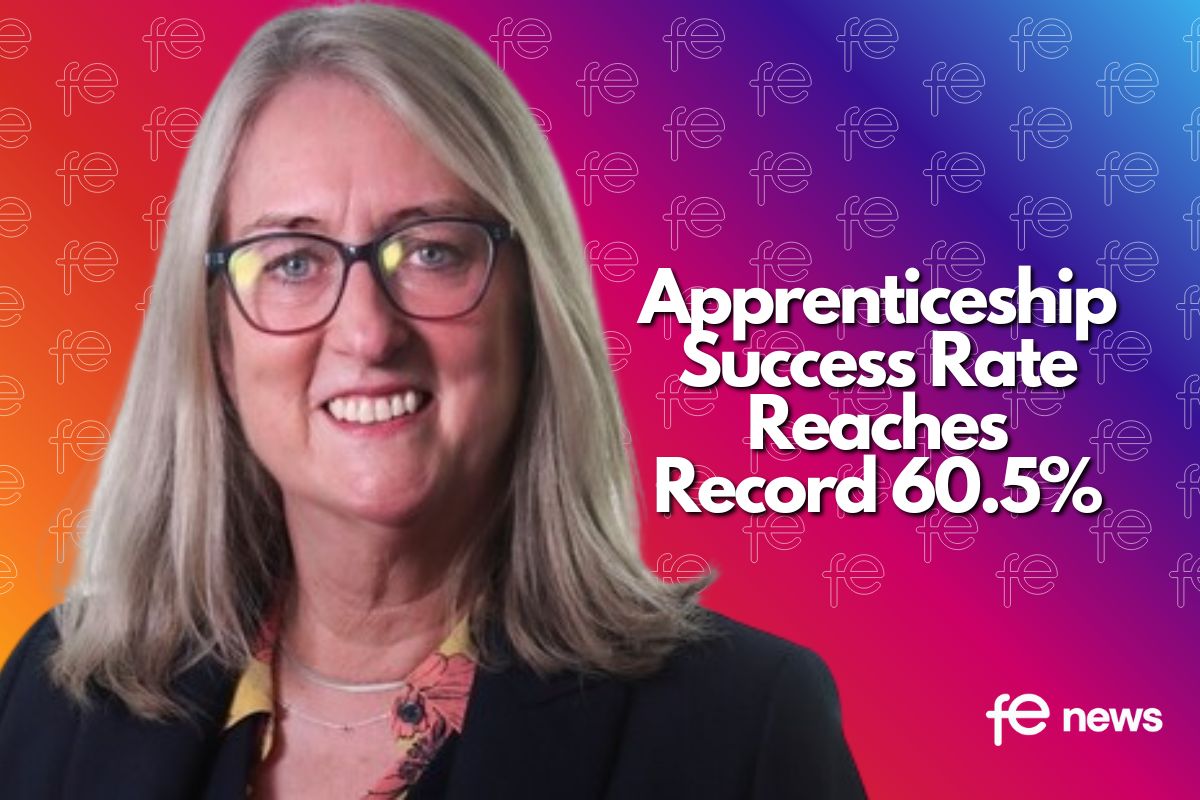
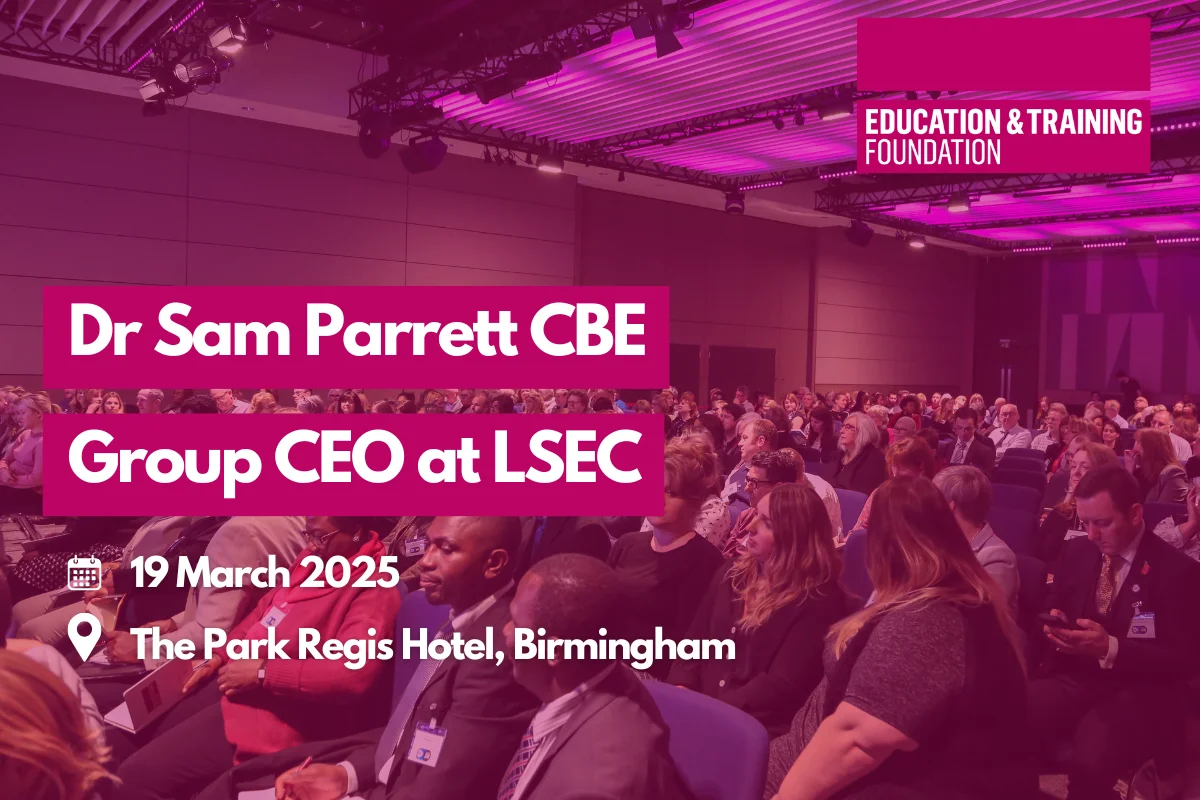

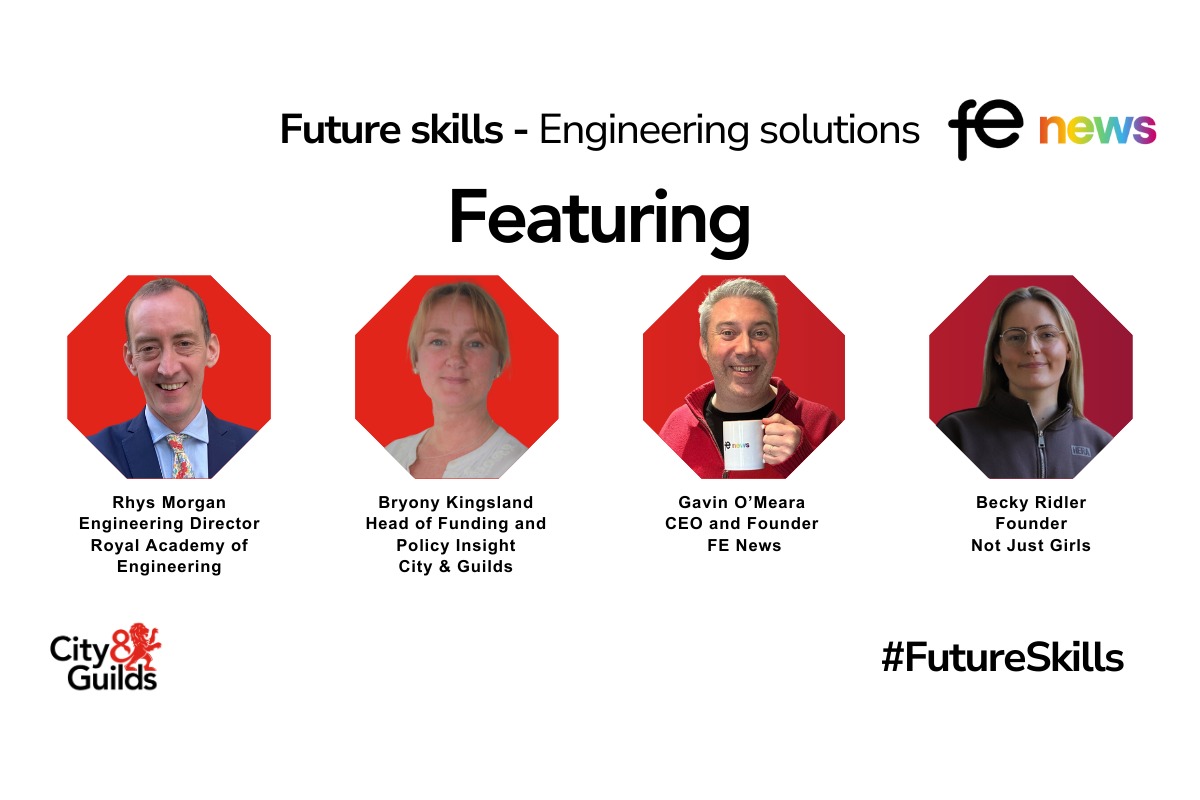
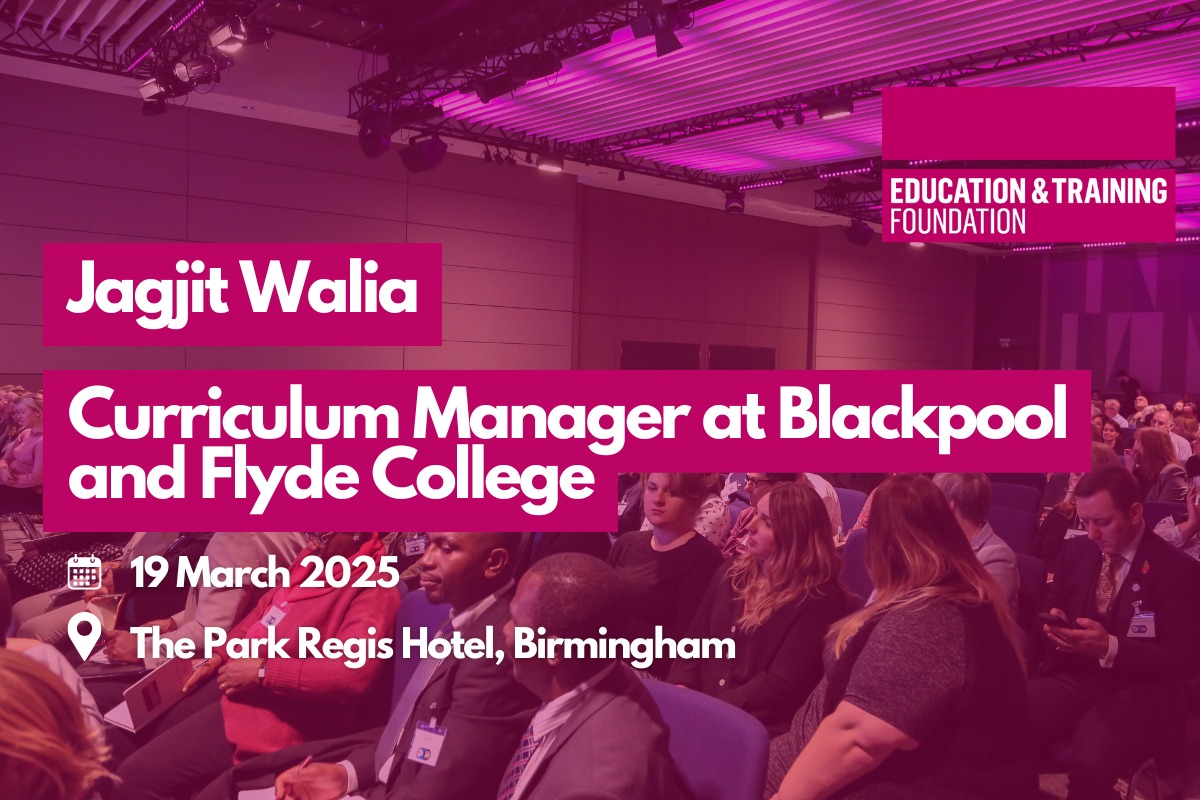


Responses